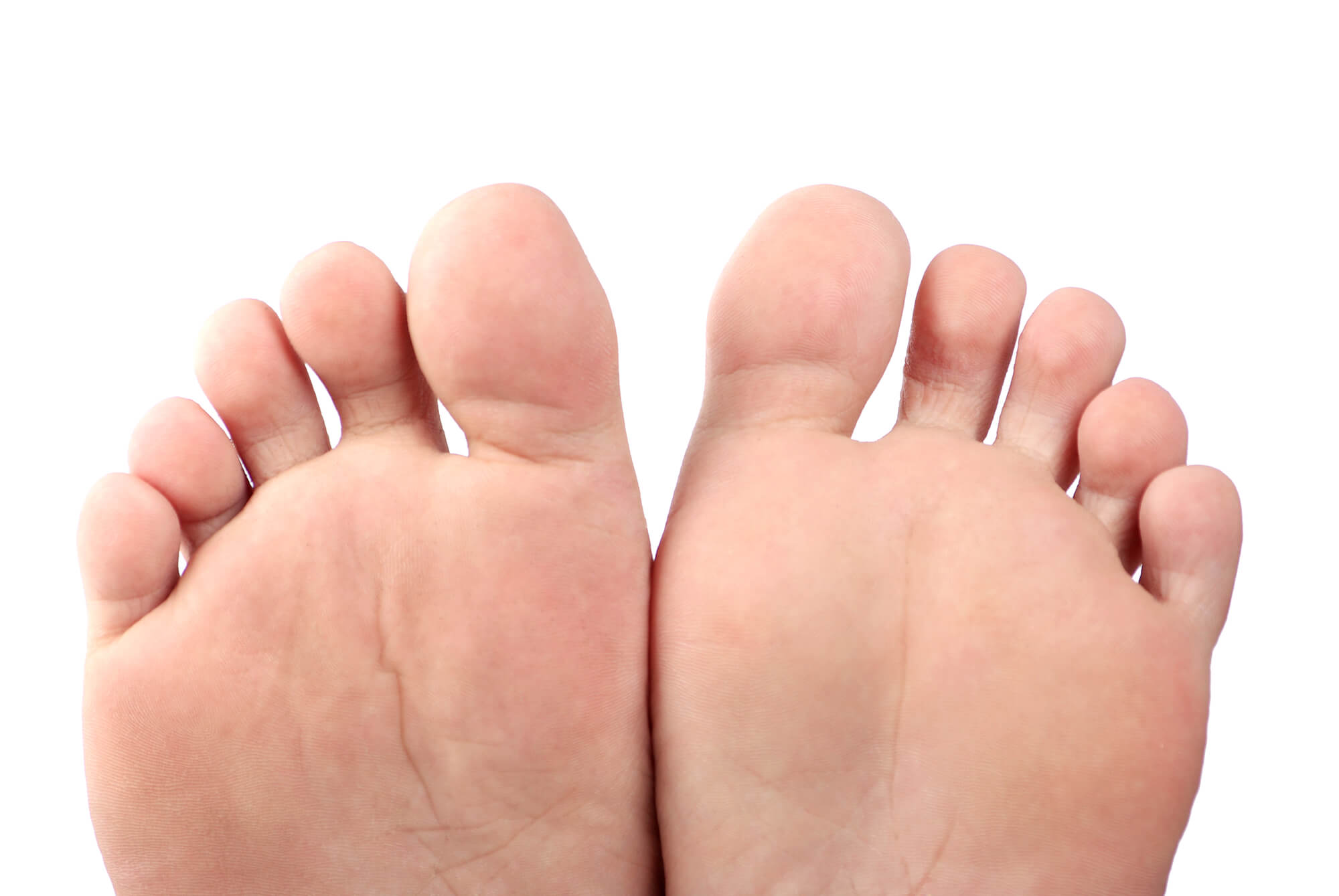What Deficiency Causes Foot Cramps?
Have you ever had to suddenly stop in your tracks because of a sudden foot cramp? It's a pain like no other and can be incredibly uncomfortable. If you're someone who experiences these cramps frequently, you may be wondering what causes them. Well, wonder no more! In this article, we will explore the world of foot cramps and the role of essential nutrients in their onset.
Foot cramps can be caused by various factors, including dehydration, fatigue, and even certain medications. However, more often than not, they result from a deficiency in some of the essential nutrients our bodies require. Magnesium, potassium, and calcium are just a few of these nutrients that play a critical role in preventing foot cramps, so if you're looking for ways to avoid these nagging discomforts, read on as we delve into the world of essential nutrients and how they can help you keep foot cramps at bay.
Key Takeaways
- Deficiencies in magnesium, potassium, calcium, and iron can lead to foot cramps, disrupting your daily life.
- Recognizing the symptoms of these deficiencies and making dietary adjustments is crucial for preventing and alleviating foot cramps.
- Consultation with a podiatrist can provide personalized treatment plans and expert guidance for long-term relief from foot cramps.
Magnesium Deficiency: A Common Culprit
Understanding Muscle Contraction and Spasms
Before we dive into magnesium deficiency, it's crucial to comprehend how muscles function. Muscles work through a series of contractions and relaxations, allowing us to move smoothly. These contractions are controlled by a complex process involving the release and uptake of calcium ions. Magnesium plays a vital role in this process by regulating the flow of calcium ions within muscle cells. When there's a magnesium deficiency, this delicate balance is disrupted, leading to muscle cramps, including those in the feet.
Recognizing the Symptoms of Magnesium Deficiency
A magnesium deficiency can manifest in various ways, including muscle weakness and spasms. These spasms can cause foot cramps, making recognizing the symptoms early on essential. Common signs of magnesium deficiency include muscle twitching, tremors, and an increased susceptibility to muscle cramps. Therefore, maintaining adequate magnesium levels is crucial to prevent foot cramps.
Common Deficiencies Leading to Foot Cramps
The Impact of Vitamin D Deficiency
Vitamin D is essential for overall health but also plays a role in muscle function. A deficiency in this vitamin can lead to muscle weakness and cramps, including those affecting your feet. Ensuring you get enough vitamin D through sunlight or supplements can help mitigate this deficiency-related cause of foot cramps.
Potassium Deficiency: A Known Trigger
Potassium is an electrolyte that aids in muscle contraction. When potassium levels drop too low, it can result in muscle cramps, including painful foot cramps. Eating potassium-rich foods like bananas, potatoes, and spinach can help maintain adequate levels and prevent cramps.
Calcium Deficiency and Foot Cramps
Calcium is another essential nutrient involved in muscle contractions. A calcium deficiency can lead to muscle spasms and cramps, potentially affecting your feet. Ensuring a balanced diet rich in calcium sources like dairy products, leafy greens, and fortified foods can help prevent calcium-related foot cramps.
Iron Deficiency Anemia: A Hidden Link
Iron deficiency anemia, characterized by low iron levels, can lead to muscle weakness and cramps. Your feet may also experience cramps due to this deficiency. Treating iron deficiency anemia can provide relief from such foot discomfort.

Identifying Foot Cramp Symptoms
Recognizing the signs of foot cramps is essential for timely intervention. Common symptoms include a sudden, sharp pain in the foot, muscle tightness, and difficulty flexing or extending the affected toes. These cramps can last a few seconds to several minutes, making them particularly distressing.
If you experience frequent foot cramps or cramps that persist despite home remedies, it's crucial to consult a healthcare professional, such as a podiatrist. They can thoroughly examine and recommend the most suitable treatment based on the underlying deficiency.
Treating and Preventing Foot Cramps
Dietary Adjustments for Deficiency Management
If you suspect a deficiency is causing your foot cramps, making dietary adjustments is often the first step in addressing the issue. Increasing your intake of magnesium, potassium, calcium, and iron-rich foods can help combat these deficiencies and reduce the likelihood of foot cramps.
The Importance of Proper Hydration
Dehydration can exacerbate muscle cramps, including those in the feet. Staying adequately hydrated is crucial in preventing foot cramps. Ensure you drink enough water throughout the day, especially if you're physically active or live in a hot climate.
Using Supplements to Alleviate Deficiencies
In some cases, dietary changes alone may not address deficiencies quickly. Supplements can be valuable in providing your body with the necessary nutrients to combat foot cramps effectively. However, it's essential to consult a healthcare professional before starting any supplement regimen, as excessive intake of certain nutrients can have adverse effects.
Consultation with a Podiatrist
Why Consult a Podiatrist?
If you're dealing with persistent foot cramps, seeking professional help from a podiatrist is highly recommended. These specialized healthcare professionals can diagnose the root cause of your foot cramps and create a personalized treatment plan tailored to your specific needs.
Personalized Treatment Plans
Podiatrists have extensive knowledge and experience in addressing foot-related issues, including cramps. They can provide expert guidance on managing deficiencies and offer personalized recommendations for long-term relief.
Conclusion
Understanding what deficiency causes foot cramps is crucial for preventing and alleviating this discomfort. Deficiencies in magnesium, potassium, calcium, and iron can all contribute to foot cramps. You can take proactive steps towards a cramp-free life by recognizing the symptoms, making dietary adjustments, staying hydrated, and seeking professional guidance from a podiatrist. Don't let foot cramps disrupt your daily activities—reach out to our experienced podiatrists for a personalized consultation and effective treatment strategies.
For personalized guidance and treatment for foot cramps, schedule an appointment with our expert podiatrists today. Say goodbye to foot cramps and regain your comfort and mobility!

